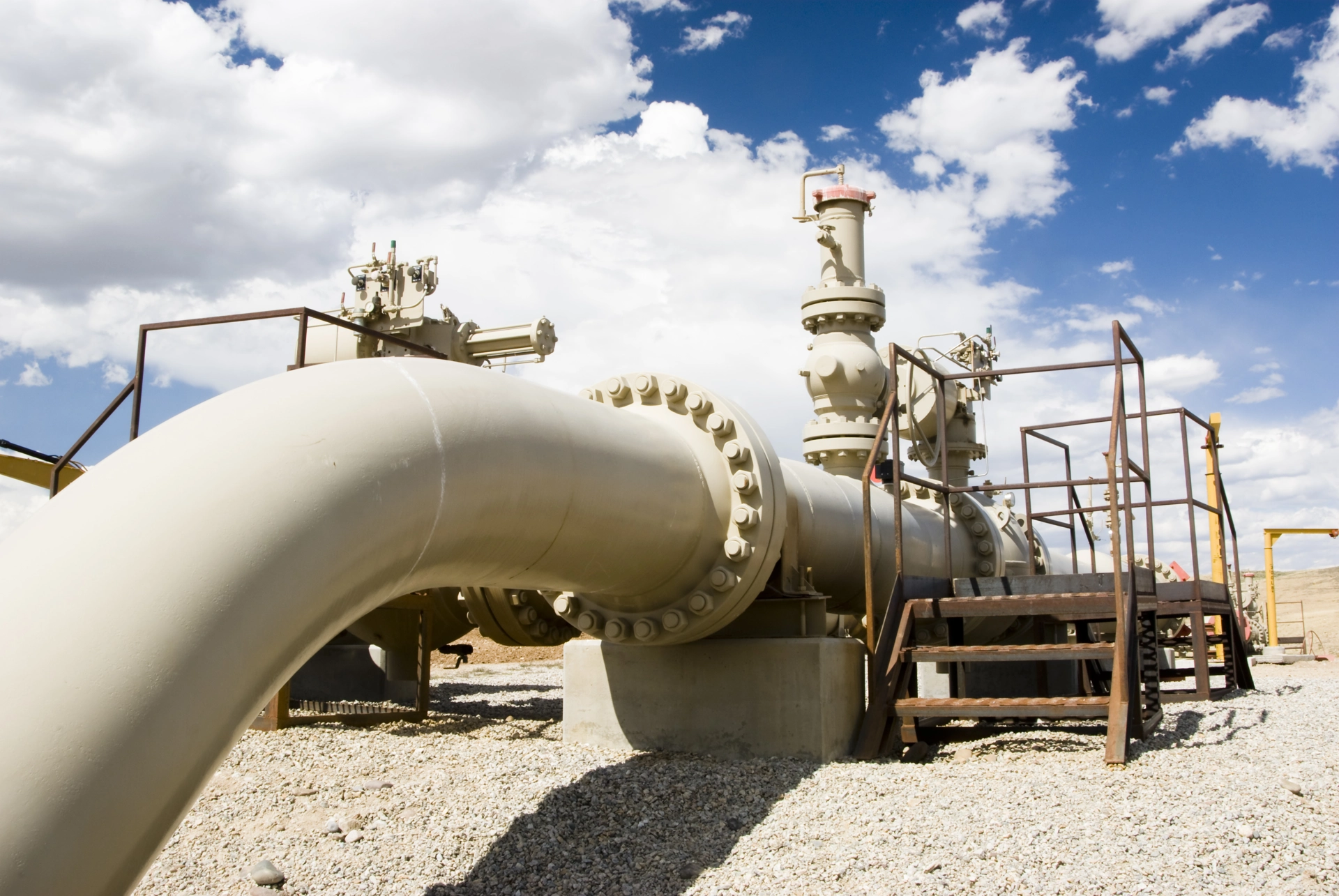
Source: Argus
Gas markets will probably stay volatile and global financial markets will probably remain interested in European energy, Vargha said.
These trends will also depend on the situation in Ukraine and whether the "financial commoditisation" of European energy will continue to grow, he said.
Gas prices began setting new all-time highs last summer. Increased volatility has come amid a shift in liquidity in the European gas market from over-the-counter broker platforms to exchanges, according to Vargha.
Investment funds have also dedicated increasing sums of money to TTF trading and the Dutch hub emerged as a second energy benchmark after Brent in October and November, he said.
The relationship between the TTF and Henry Hub has grown to resemble that of Brent and WTI, with all other European gas benchmarks trading at spreads to the TTF, Vargha said.
Over the next 3-5 months, companies and countries will face a number of choices in order to rebuild winter gas stocks, Vargha said, adding that weather played a key role in depleting European storage last winter and filling it last summer.
"Today, the big risk premium is being added up again," he said.
Base-load supply could help Europe
Europe would benefit from more gas and power supply under long-term base-load contracts, along with more import capacity, the chief executive said.
A decrease in base-load power and gas supply contributed strongly to the ongoing energy crunch, with delayed maintenances caused by the Covid-19 pandemic also resulting in a substantial drop in energy supply, Vargha said.
Energy infrastructure investment has fallen and base-load supply is being removed from the energy mix — including nuclear power in Germany and gas production from Groningen — while coal and lignite-fired output is replaced by intermittent wind and solar.
"We already see bottlenecks in terms of land usage and grid connections [with] respect to adding more renewables to the European grid," Vargha said.
European LNG terminals receive 200mn-250mn m³/d from spot purchases and spot optimisation, which is enormous in the context of overall European gas consumption, import terminal capacities and LNG trade, Vargha said.
He suggested that doubling base-load supply from 100mn m³/d to 200mn m³/d and reducing spot-related supply to 100mn-150mn m³/d would provide a more balanced solution for Europe.
In terms of supply sources, Vargha said Europe cannot immediately replace Russian gas, as existing infrastructure and LNG import capacity provide few alternatives to demand disruption.
Assets that offer extra base-load supply and flexibility in Europe make sense, Vargha said. And while the best means of financing remains to be seen, "usage and utilisation of those assets definitely have to be based partially on long-term security of supply, as well as partially on a short-term commercial basis", he said.
MET International has a large gas portfolio in central eastern Europe, Italy, Germany and Spain. It is now opening an affiliate in France. The firm aims to expand its power portfolio and sales, as well as continue purchasing flexible energy generation and renewables assets.
